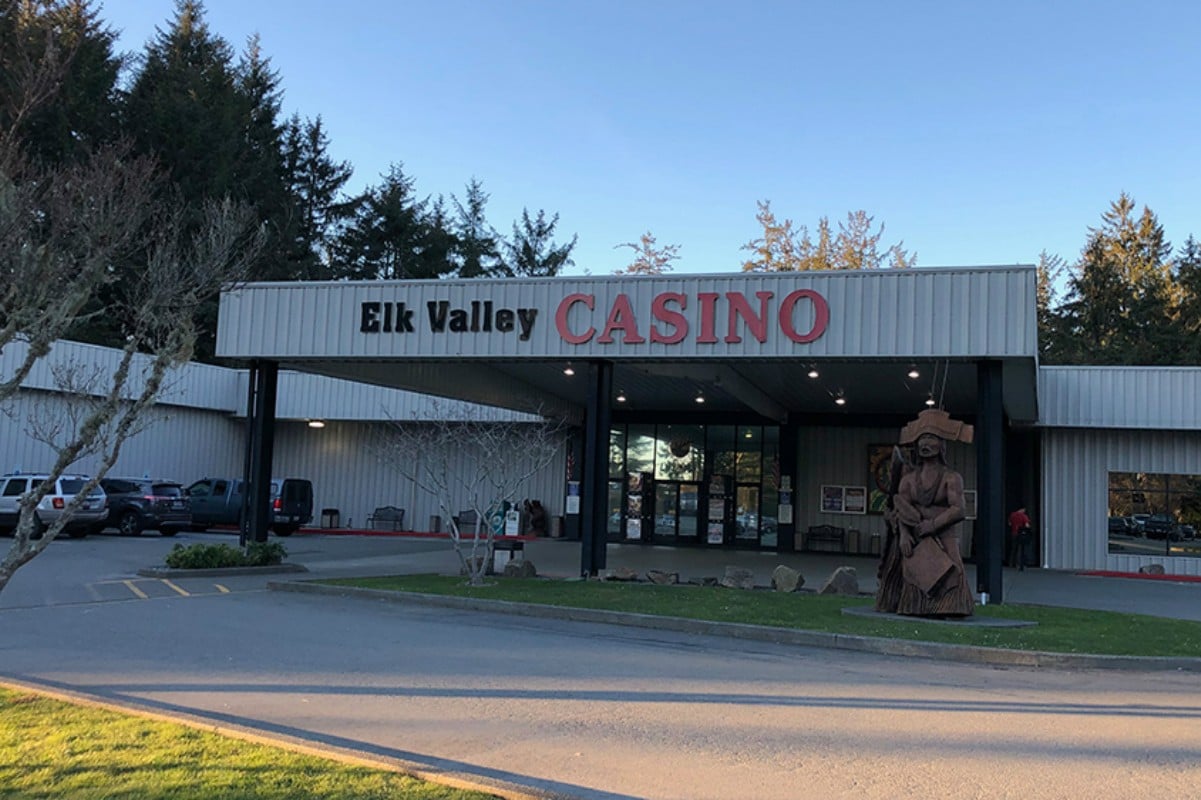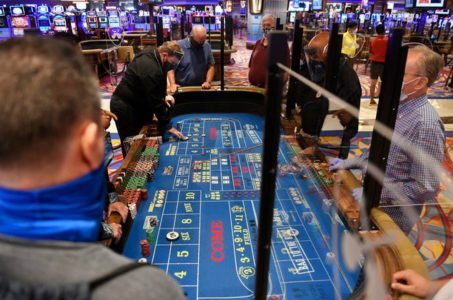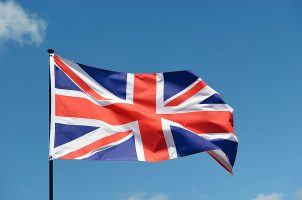Small Casinos Score Big Win, as Companies Now Eligible for Payroll Protection Program
Posted on: April 24, 2020, 10:21h.
Last updated on: April 24, 2020, 10:56h.
Small casinos can now apply to receive funds through the Small Business Administration’s Payroll Protection Program (PPP) after the agency issued new regulations.

Under the $2.2 trillion Coronavirus, Aid, Relief, and Economic Security Act (CARES Act), Congress set aside $349 billion for the PPP. Small businesses, defined as having 500 or fewer employees, were eligible to apply for forgivable loans (up to $10 million) so long as they use at least 75 percent of the money to continue paying workers.
A caveat in the initial bill excluded companies that derive more than one-third of their revenue from gambling. After being pressed by the gaming industry, the SBA amended the PPP regulations to permit companies that generate up to half of their income from gaming. Companies making more than 50 percent of their revenue, as well as any business that made $1 million in 2019 from gaming, remained disqualified.
That updated conditions still excluded many small casinos throughout the country. Now, the SBA says it doesn’t matter how much a small business makes from legal gaming.
“In the nearly one month since the CARES Act was enacted to provide economic relief to blunt the impact of the COVID-19 pandemic, the American Gaming Association and our allies have fought tirelessly to correct the Small Business Administration’s antiquated policy that precluded gaming companies from qualifying for loans through the Paycheck Protection Program,” said AGA President Bill Miller.
“We are pleased that the new regulatory guidelines released today make small gaming companies eligible for this critical program just as Congress has replenished its funding,” Miller added.
The initial $349 billion in PPP funding has already been exhausted. But this week, Congress approved an additional $320 billion in payroll protection.
Gaming Leaders Rejoice
US Rep. Dina Titus (D-Nevada), who chairs the Congressional Gaming Caucus, celebrated the amendments to the PPP.
I promised Nevadans that we would get this fixed, and today we made good on that promise,” Titus said. “The Trump Administration’s attempt to prevent small gaming businesses from accessing grants and loans was foolish from the start. The people who work at these small businesses can finally get some relief.”
Miller was a bit kinder to the White House: “I’m grateful to President Trump and his administration for recognizing that commercial and tribal gaming industry employees deserve the same support available to other small businesses, and for the significant, sustained efforts of members of Congress to amplify the need for changes to the guidelines to get small gaming operators and their employees through this challenging time.”
Guideline Change
The Small Business Administration’s latest note regarding PPP includes the question, “Are businesses that receive revenue from legal gaming eligible for a PPP loan?”
The answer: “A business that is otherwise eligible for a PPP Loan is not rendered ineligible due to its receipt of legal gaming revenues. Businesses that received illegal gaming revenue remain categorically ineligible.”
The SBA continued, “On further consideration, the Administrator, in consultation with the Secretary, believes this approach is more consistent with the policy aim of making PPP loans available to a broad segment of US businesses.”
Related News Articles
Study Claims 70 Percent of Casinos Mulling Skill-Based Games
UK to Discuss Gambling Bonus Regulations as Public Backlash Intensifies
Most Popular
Mirage Las Vegas Demolition to Start Next Week, Atrium a Goner
Where All the Mirage Relics Will Go
Most Commented
-
Bally’s Facing Five Months of Daily Demolition for Chicago Casino
— June 18, 2024 — 12 Comments
















Last Comment ( 1 )
Is this supposed to pay full time employees 40 hour a week or are casinos aloud to average there hour from what they where working before the lay off